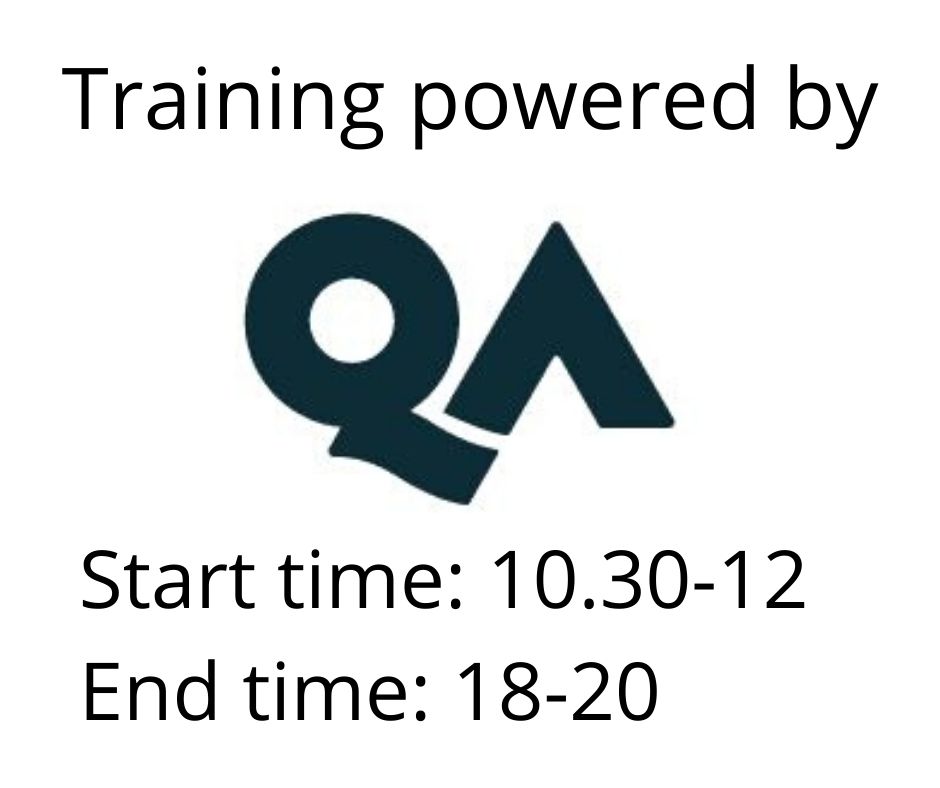Developing Advanced Automation with Red Hat Ansible Automation Platform
Training formats
Duration
5 days
Price
3466 €
Advance your Ansible skills and develop automation that scales by applying recommended practices with the new, container focused tools from Red Hat Ansible Automation Platform
Developing Advanced Automation with Red Hat Ansible Automation Platform (DO374) is designed for automation content developers to leverage the new, container focused tools from Red Hat® Ansible Automation Platform to efficiently develop automation that can be managed by the automation controller. Learn recommended practices for automation development using reusable code, advanced playbook techniques, shared execution environments, and preparing for scalable automation with the automation content navigator.
This course is based on Red Hat Ansible Automation Platform 2.0.
Course content summary
- Apply recommended practices for effective and efficient automation with Ansible.
- Perform automation operations as rolling updates.
- Use advanced features of Red Hat Ansible Automation Platform to work with data, including filters and plugins.
- Create automation execution environments to contain and scale Red Hat Ansible Automation.
- Leverage capabilities of the automation content navigator to develop Ansible Playbooks.
Use the Red Hat Ansible Automation Platform to develop automation in a way that scales to large teams and complex enterprises. In this course you will gain the skills to effectively manage and optimize playbooks, create and share execution environments and collections, as well as learn how to use the automation content navigator for managing the automation lifecycle.
Impact on the organization
This course is intended to develop skills to:
- Distribute automation throughout your organization with the use of reusable code.
- Create easily scalable automation for larger enterprise environments with the new, containerized architecture.
- Red Hat has created this course in a way intended to benefit our customers, but each company and infrastructure is unique, and actual results or benefits may vary.
Recommended
- Red Hat Enterprise Linux Automation with Ansible (RH294)
- Be a Red Hat Certified Engineer (RHCE®) on Red Hat Enterprise Linux 8, or demonstrate equivalent Ansible experience
Target Audience
This course is designed for users who create automation content, including these roles:
- Developers
- DevOps engineers
- Linux system administrators
- Other IT professionals with basic expertise using Red Hat Ansible Automation Platform to automate, provision, configure, and deploy applications and services in a Linux environment
Develop Playbooks with Ansible Automation Platform 2
Develop Ansible Playbooks following recommended practices with Red Hat Ansible Automation Platform 2.
Manage Content Collections and Execution Environments
Run playbooks that use content collections not included in ansible-core, either from an existing execution environment or by downloading them from the automation hub.
Run Playbooks with Automation Controller
Use the automation controller to run playbooks that you developed with automation content navigator.
Work with Ansible Configuration Settings
Examine and adjust the configuration of automation content navigator and the Ansible runner inside execution environments to simplify development and troubleshoot issues.
Manage Inventories
Manage inventories by using advanced features of Ansible.
Manage Task Execution
Control and optimize the execution of tasks by Ansible Playbooks.
Transform Data with Filters and Plugins
Populate, manipulate, and manage data in variables using filters and plugins.
Coordinate Rolling Updates
Use advanced features of Ansible to manage rolling updates in order to minimize downtime and to ensure maintainability and simplicity of Ansible Playbooks.
Create Content Collections and Execution Environments
Write your own Ansible Content Collections, publish them, embed them in a custom execution environment, and run them in playbooks by using the automation controller.
